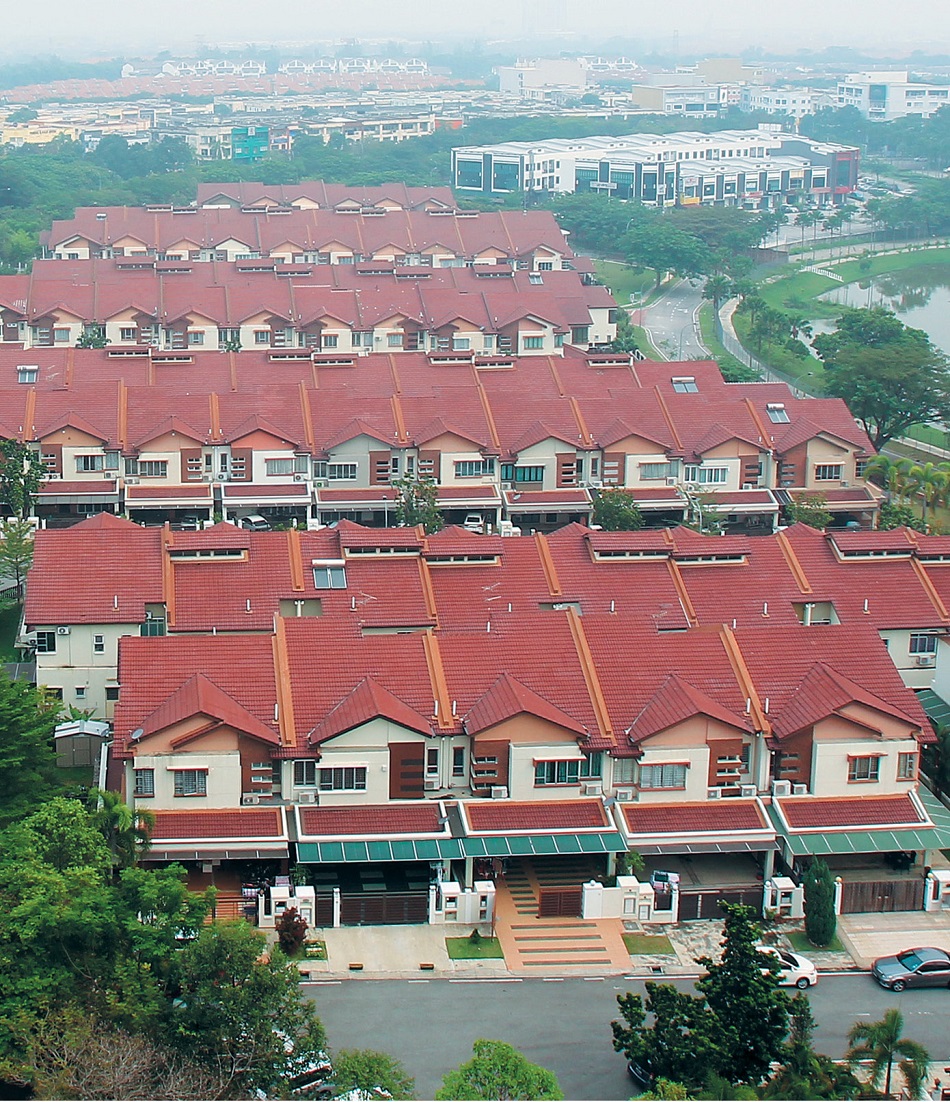
KUALA LUMPUR (Oct 7): Property developers that are hoping to get a break via the relaxation of property market cooling measures in the soon-to-be tabled Budget 2017, should not hold their breath, say analysts.
AllianceDBS Research analyst Quah He Wei said it is highly unlikely for the government to back down on the property cooling measures already in place.
“In the unlikely event of the broad-based relaxation, household debt is expected to spike up.
“Ultimately, it depends on the banks to access the eligibility of applicants, and banks may be less willing to extend credit for high-risk borrowers.
“We believe the upcoming Budget 2017 will continue its focus on increasing the supply of affordable public housing priced below RM400,000 to boost home ownership,” he said.
In a note on the Malaysian property sector yesterday, Credit Suisse Securities (M) Sdn Bhd analyst Joanna Cheah opined that there will not be a broad-based relaxation of cooling measures for the property market, such as the reintroduction of the developer interest bearing scheme (DIBS), lowering or removal of real property gains tax (RPGT) or allowing for a higher debt service ratio for homebuyers.
“All the aforementioned could fuel speculative purchases once again, which we believe is against Bank Negara Malaysia’s (BNM) priority to keep household debt, which is currently at 89% of gross domestic product (GDP), controlled,” she said.
Cheah is of the view that milder measures to increase home ownership and dishing out affordable housing projects seem more likely.
“To increase home ownership substantially, what we believe could work is to raise financing for [only] first homebuyers to 95%, and allow for an increase in the withdrawal limit from [the] Employees Provident Fund’s (EPF) Account 2 [ from the current 30%]
“However, the latter could require further studies by [the] EPF due to the long-term repercussions on future retirees,” she said.
MIDF Research analyst Alan Lim welcomed the move for an increase in the withdrawal limit from EPF Account 2, but said that it should only be allowed for first-time homebuyers.
“Generally, the long-term returns that these first-time homebuyers stand to gain from their property purchase would exceed the return from their EPF savings.
“Second Finance Minister Datuk Johari Abdul Ghani was also quoted as saying that should these first-time homebuyers sell their house later, the proceeds should be [ploughed] back into EPF accounts and has to be equal to the amount initially withdrawn to avoid purchasers abusing the opportunity. So, it is a good move,” he said.
However, Lim opined that any suggestion of financing flexibility for Budget 2017, such as to raise financing for first-time homebuyers to 95% and extension of loan tenures will be unlikely.
“BNM has dismissed the suggestion that access to financing is the main problem confronting potential homebuyers, and said that it will be standing firm on its lending policy. Therefore, I think the element of financing flexibility is unlikely” he said,
CIMB Investment Bank Bhd analyst Saw Xiao Jun wrote in a Sept 22 note that potential home purchase assistance measures by the government may lift investor sentiment on property and narrow the valuation discount attached to property stocks.
“We estimate that the property sector currently trades at 0.85 times price-to-book value, a 20% discount to its five-year average of 1.1 times,” he said.
Saw added that developers with sizeable exposure to mass market housing projects, such as LBS Bina Group Bhd, UOA Development Bhd and Mah Sing Group Bhd, could benefit if Budget 2017 introduces measures that help first-time homebuyers.
“While developers who target affluent homebuyers and upgraders, like Eco World Development Group Bhd and S P Setia Bhd, may not benefit as much as those that target the average homebuyer, they could still benefit from the spillover effect as the easing measures could boost general confidence in property,” he said.
In a note yesterday, Quah said that Matrix Concepts Holdings Bhd is the best proxy to affordable housing as it focuses mainly on landed properties priced below RM600,000.
“Its property sales remain robust despite the tough operating environment, and are on track to achieve its record-high property sales target of RM1billion in its financial year ending March 31, 2017,” he said.
Try out one of our super tools, the rental yield calculator, here.
This article first appeared in The Edge Financial Daily, on Oct 7, 2016. Subscribe to The Edge Financial Daily here.





